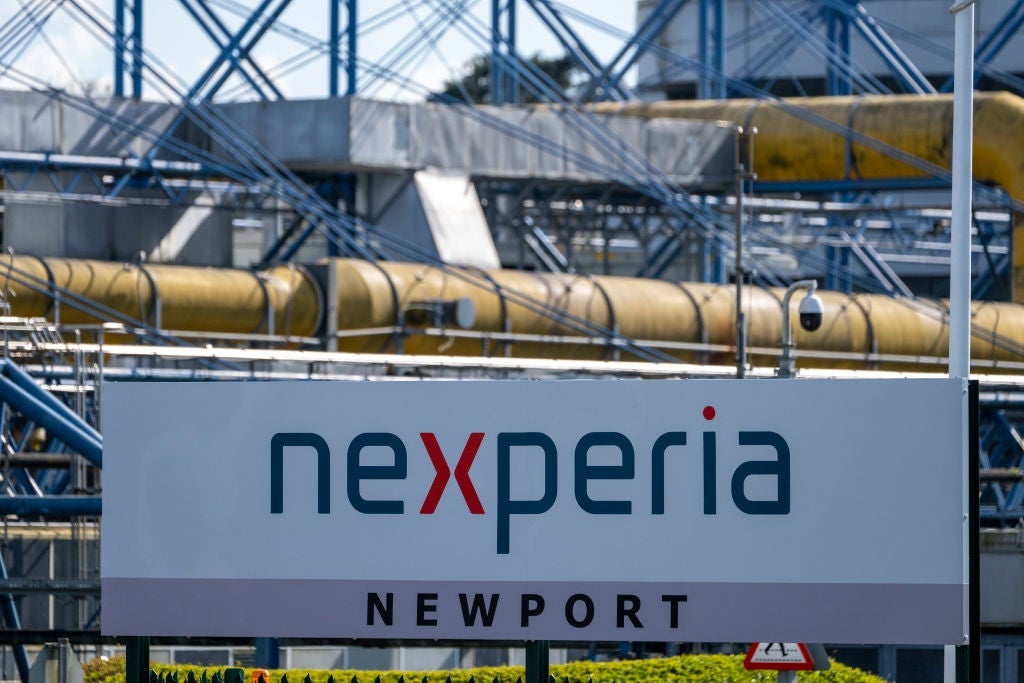
The UK is the latest country to block Chinese semiconductor investment as the global battle for semiconductor supply intensifies.
The acquisition of the UK’s largest semiconductor fab, Newport Wafer, by Dutch-based technology company Nexperia, a subsidiary of Shanghai-listed Wingtech, is to be reversed on national security grounds. After months of speculation, the UK government made an announcement on 16 November 2022, requiring Nexperia to reverse the acquisition, which saw it acquire a further 86% stake in Newport Wafer in July 2021. This was in addition to its existing 14% ownership, essentially giving Nexperia full control over intellectual property and supply.
Governments around the world are screening against what some describe as an aggressive acquisition campaign by Chinese entities in a bid to control the world’s semiconductor supply. The so-called semiconductor wars have largely played out as a battle of the superpowers: China versus the US. However, the UK’s new edict draws a line in the sand for other Chinese companies looking to acquire further semiconductor manufacturing capacity in the UK.
Similarly, Germany’s government has also reinforced this message to Beijing that Europe’s fab facilities are not for sale. Just a week earlier, on 9 November, Germany’s Minister for Economic Affairs, Robert Habeck, announced that the German government would block Chinese investments into Dortmund-based Elmos and ERS Electronic, citing intellectual property transfer as the reason. Their acquisition by Swedish company Silex Microsystems – a subsidiary of Chinese company Sai Microelectronics – is another example of Chinese companies moving in on foreign semiconductor manufacturing facilities using their overseas subsidiaries.
The German government took a stance earlier in the year, in February 2022, when it blocked the acquisition of its domestic chipmaker, Siltronic, by GlobalWafers, a subsidiary of Taiwanese-headquartered technology company Sino-American Silicon – but its latest move will see the global chip wars intensify to include Europe.
Of the one trillion chips manufactured globally in 2020, Europe only had a 10% share. The European Chips Act, which is working its way through the EU’s legislature, aims to bring that up to 20% of global market share by 2030. The act is expected to be adopted in the first half of 2023 and has already had an impact on major semiconductor companies’ investment decisions, according to the Brookings Institution.
How well do you really know your competitors?
Access the most comprehensive Company Profiles on the market, powered by GlobalData. Save hours of research. Gain competitive edge.

Thank you!
Your download email will arrive shortly
Not ready to buy yet? Download a free sample
We are confident about the unique quality of our Company Profiles. However, we want you to make the most beneficial decision for your business, so we offer a free sample that you can download by submitting the below form
By GlobalDataSimilarly, the US Chips Act passed on 9 August 2022 demonstrates the US government’s commitment to ensuring the global supply of semiconductor chips does not rely solely on Asian manufacturing bases. In 2021, 75% of semiconductor production took place in east Asia and 90% of the most advanced chips were made in Taiwan.







